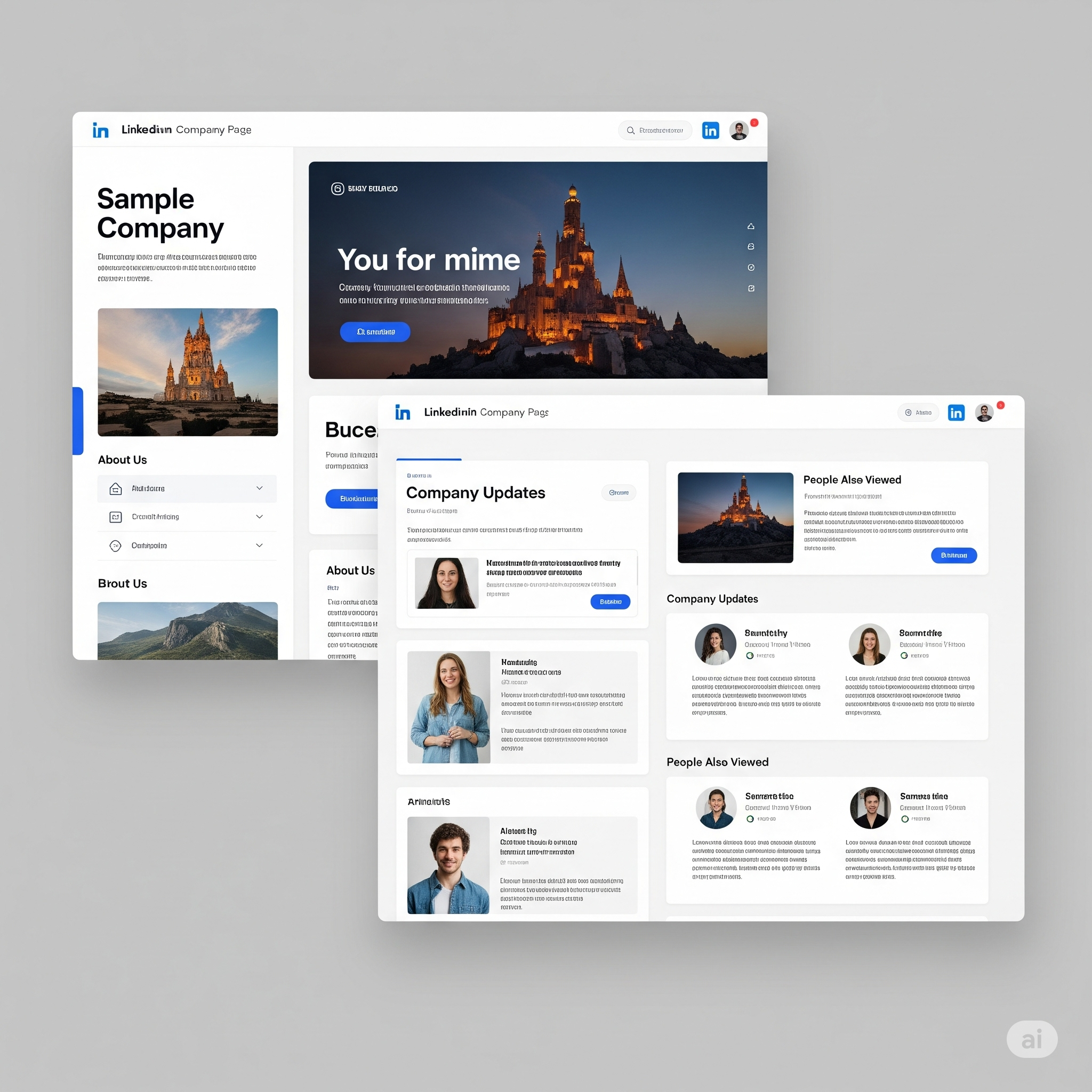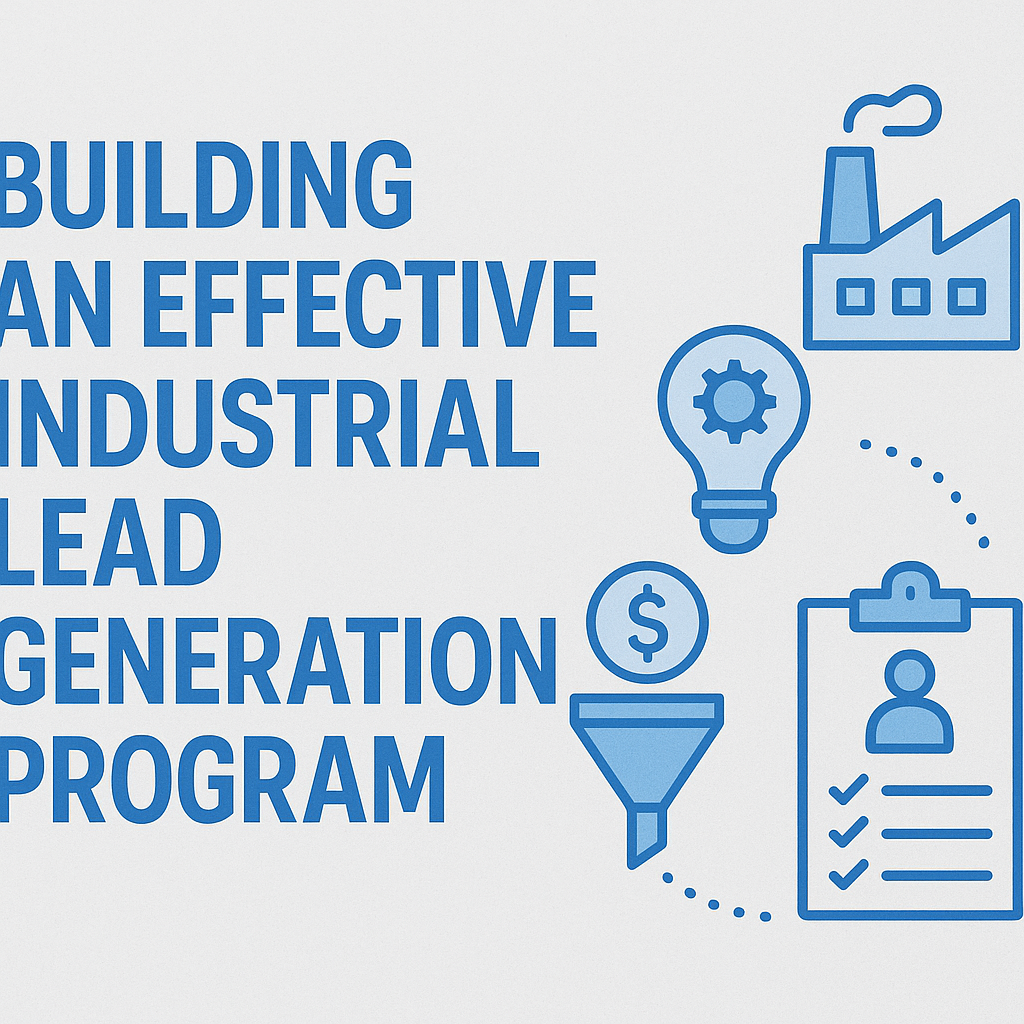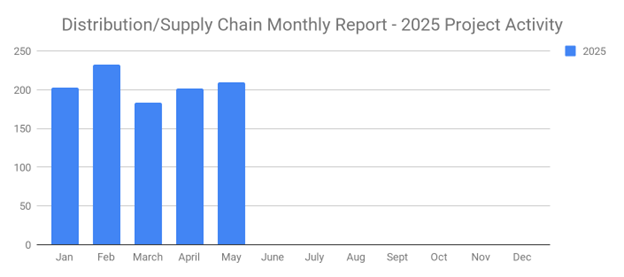
How much time do you spend listening when interacting with prospects? In the B2B industry, listening is essential to building strong relationships with prospects. Unfortunately, many sales reps are poor listeners. According to research conducted by The Sales Management Association, only about 12% of sales reps are considered excellent listeners. By honing your listening skills, you can differentiate yourself from your B2B company's competitors while simultaneously building stronger and more meaningful relationships with prospects.
Don't Talk to Fast
Time is of the essence when calling prospects. The faster you wrap up a call with a prospect, the sooner you can move on to the next prospect. But that doesn't mean you should talk as fast as possible. Talking too fast will discourage prospects from responding. They won't have the opportunity to respond, in which case you won't be able to listen to their needs. To become a better listener, slow down during your sales calls while giving prospects the opportunity to speak.
Ask Open-Ended Questions
You can become a better listener by asking open-ended questions. A question is considered open-ended if it doesn't have a single, short answer to it. Some questions can be answered with a simple "yes" or "no." Open-ended questions, in comparison, require a longer and more thought-out answer.
Examples of open-ended questions include:
- Can you tell me a little bit about your business and how it operates?
- What are some of the biggest challenges facing your business today?
- Where do you see your business five years from now?
- What factors are most important when choosing vendors or suppliers for your business?
- How does your business measure success?
- How long has your business been using its current vendors or suppliers?
- What's your business's ideal timeline for the project?
Don't Interrupt
Interrupting prospects is a common mistake that sales reps make. It's a source of frustration for prospects, as it disrupts the flow of the conversation and creates the impression that the sales rep doesn't care what the prospect has to say. When talking to prospects, give them the opportunity to speak and don't interrupt them. Some prospects may talk more than others -- and that's okay. The more a prospect talks, the more information you'll have about the prospect. You can then apply this information to your sales strategy in an effort to convert the prospect into a paying buyer.
Eliminate Distractions During Meetings
When meeting with prospects, make sure there are no distractions present. Eliminating distractions will allow you to focus on what the prospect has to say. At the same time, you'll be able to pick up on more nonverbal cues, such as the prospect's gestures and body language. Research shows that only 7% of communication is verbal, whereas 93% of communication is nonverbal. Regardless, eliminating distractions during meetings will make you a better listener while also allowing you to pick up more nonverbal cues.
Don't Multitask
There's a time and place for multitasking. But interacting with prospects isn't one of them. When talking to a prospect, you should focus all of your attention and energy on the conversation. Multitasking means you'll only be giving some of your attention and energy to the conversation, in which case you won't be able to fully listen to the prospect. To become a better listener, wait until the conversation has ended to begin other tasks.
Practice Active Listening
Rather than just active listening, practice active listening when interacting with prospects. It can help you become a better listener. Active listening is a communication technique in which you concentrate on understanding the speaker. It goes beyond just "hearing." With active listening, you want to both hear and observe the speaker to fully understand the message he or she is trying to convey. You can also ask questions and engage the prospect during these conversations to gain further insight into the intended message. With actively listening, you must actively participate in the conversation so that you can listen to the prospect on a deeper level.
Show Empathy
Another tip to become a better listener when interacting with prospects is to show empathy. Empathy is defined as the ability to understand the feelings of other people. By showing empathy, you'll be able to relate to the prospect. Empathy involves active listening, paying attention to the prospect's emotions and, ultimately, showing the prospect that you care about his or her concerns. As you show empathy, prospects will be more likely to open up by talking. You can then listen to what they have to say.
Here are some tips to show empathy:
- Adjust the tone of your voice based on the prospect's feelings.
- Place yourself in the prospect's shoes.
- Validate and confirm the prospect's feelings.
- Use empathetic phrases, such as a "I understand how you feel."
Take Notes
Taking notes can make you a better listener. Whether you're interacting with a prospect over the phone or in person, you should consider taking notes. You can use these notes to remember important details about the interaction. As the prospect divulges information about his or her business, jot it down on a notepad. Taking notes is useful for both reference purposes -- you can refer to them later when preparing marketing materials -- and it's useful for listening. It shows prospects that you are truly listening to them.
Practice Summarizing and Paraphrasing
Practicing summarizing and paraphrasing will improve your listening skills as a sales rep. What is summarizing and paraphrasing exactly? Summarizing involves repeating the main points of a conversation, whereas paraphrasing involves rephrasing the prospect's words in your own words. Summarizing and paraphrasing show prospects that you are listening. You can also use these two techniques to clarify the prospect's needs and confirm that you are on the same page with them.
In Conclusion
Communicating with prospects doesn't revolve around talking. As a sales rep, you'll certainly have to talk to prospects. Equally important, however, is listening. Strong listening skills will help you build stronger relationships with prospects that drive more sales for your B2B company.
What to learn more? Get in Touch





